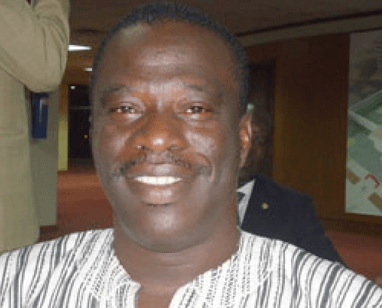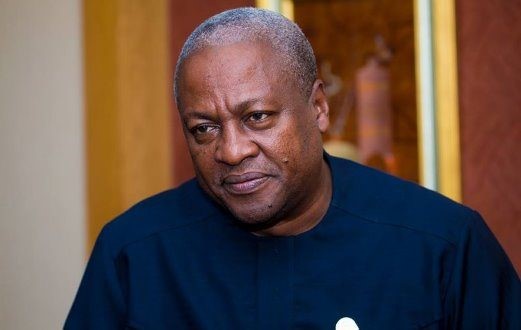
Leaders of the Group of Seven (G7) most industrialized countries ended a major summit here on Saturday, with a common position on terrorism, and an improved understanding on free trade, but no real progress on climate.
Leaders from the United States, Canada, Britain, France, Germany, Italy, and Japan gathered in the town of Taormina, Sicily, on Friday and Saturday.
U.S. President Donald Trump came under pressure from his six allies in order to soften his stand against free trade and multi-lateral agreements. And a pledge to fight protectionist was finally included in the G7 final communique.
“We acknowledge that free, fair, and mutually beneficial trade and investment, while creating reciprocal benefits, are key engines for growth and job creation,” the statement read.
“We reiterate our commitment to keep our markets open and to fight protectionism, while standing firm against all unfair trade practices,” the seven powers said, while acknowledging that trade has “not always worked to the benefit of everyone.”
However, the divide between the U.S. and the other six powers on climate was not ironed out.
Trump left the summit without agreeing to endorse the Paris Climate Agreement to cut global carbon emissions, but confirmed his administration would review the policies on the issue and make a final decision, possibly next week. He had earlier hinted the U.S. might pull out of the Paris deal.
The other partners went their own way. In the final communique, the six plus the European Union (EU) expressed their understanding for the U.S. reviewing process, but “reaffirm their strong commitment to swiftly implement the Paris Agreement.”
Italian Prime Minister Paolo Gentiloni, the host of the G7 summit, did not conceal the existing gap on the crucial topic. “For a world power such as the U.S. to decide against implementing the Paris Agreement would be grave,” he told a press conference after the communique was released.
“I hope this phase will end soon, and will end well,” Gentiloni added.
Speaking to German press after the summit, German Chancellor Angela Merkel defined the discussion on climate change as “very unsatisfying.”
French President Emmanuel Macron showed a softer stand, saying talks had been “rich,” and voicing hope such exchange of view may help Trump become aware of the impact of climate change on global economy and stability.
A compromise among leaders was shown in the G7 final statement on migration, a topic that Italy wanted to put high on the agenda.
“We acknowledged that states share a responsibility in managing the (migration) flows, in protecting migrants and refugees, and safeguarding the most vulnerable of them,” the communique read.
It, however, also reaffirmed the “sovereign right of states, individually and collectively, to control their own borders and to establish policies in their own national interest and national security.”
On Friday, the G7 issued a 15-point common statement on terrorism and security, as the summit came few days after a terror attack in the British city of Manchester.
The seven powers pledged to bring the fight against violent extremism to a higher level by “relentlessly preventing, investigating and prosecuting terrorist acts, their perpetrators and supporters.”
Crucial goals would be to combat “the misuse of the Internet by terrorists,” to manage together “the risk posed by foreign fighters,” and to “take action to cut off sources and channels of terrorist financing.”
The final communique on Saturday added a pledge to increase efforts to free territories in Syria, Libya, and Iraq from the presence of jihadist militia such as the Islamic State (IS) and Al Qaeda.
The G7 also stressed the need for Democratic People’s Republic of Korea ((DPRK) to abandon “all nuclear and ballistic missile programs” and called on the international community to renew its pressure on the country. Enditem
Source: Xinhua/NewsGhana.com.gh
Read Full Story

















Facebook
Twitter
Pinterest
Instagram
Google+
YouTube
LinkedIn
RSS